by Tara Bradford
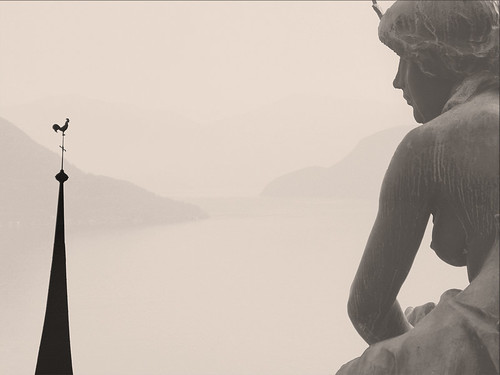
She bent over, examining herself in the mirror, splayed in folds. She pulled her legs apart and saw the pink recede into darkness, becoming indistinguishable. It disappeared into her, silent, and she thought, no, this will never do. So she rubbed her finger and thumb together until it held onto the leathery tip between her legs. When she pulled, she felt a falling, a lengthening of herself into another place. It rounded in her palm and she let it drop powerfully between her legs. Yes, she said, better.
She felt it swing between her thighs and her confidence expanded with its girth. There were comments on the sway of her hips or the taste of her lips or the fall of her hair long and low down the curve of her back. She could not tell if these voices were echoes in her head or said a moment ago, a week ago, now. The extra girth gave her confidence, though. It bulged in front of her like a light leading her to this instance—this time. She knew, with this thing between her legs, that she would finally be taken seriously.
 Tara is an international teacher with itchy feet and busy fingers. Having found inspiration in Japan, England and Kuwait, she is now venturing to Ukraine to see what new stories the ‘Old Country’ will reveal to her. Find Tara on instagram @tarajeana or her website www.tarajeana.com.
Tara is an international teacher with itchy feet and busy fingers. Having found inspiration in Japan, England and Kuwait, she is now venturing to Ukraine to see what new stories the ‘Old Country’ will reveal to her. Find Tara on instagram @tarajeana or her website www.tarajeana.com.

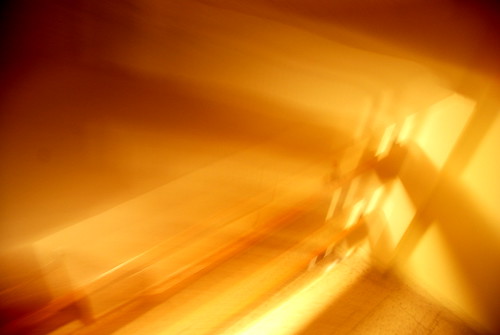
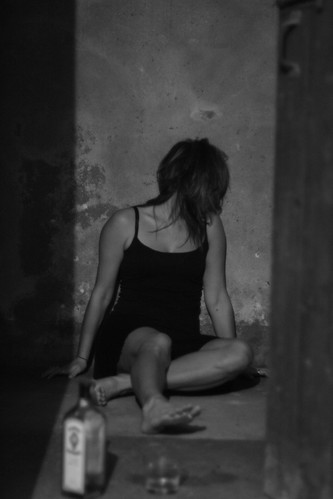


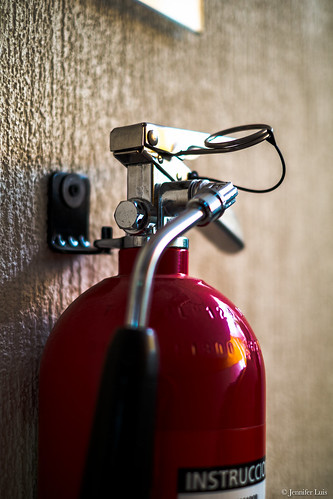
 J. Bradley is the author of the forthcoming story collection, The Adventures of Jesus Christ, Boy Detective (Pelekinesis, 2016). He lives at
J. Bradley is the author of the forthcoming story collection, The Adventures of Jesus Christ, Boy Detective (Pelekinesis, 2016). He lives at 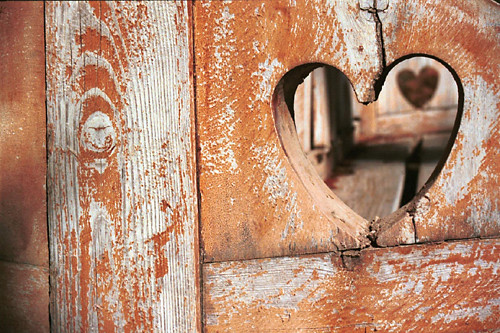

 Pamela Hobart Carter has worked as a geologist and teacher before becoming a writer. A few of her short, short plays have been produced in Seattle where she lives. More about Pam and her writing is at
Pamela Hobart Carter has worked as a geologist and teacher before becoming a writer. A few of her short, short plays have been produced in Seattle where she lives. More about Pam and her writing is at 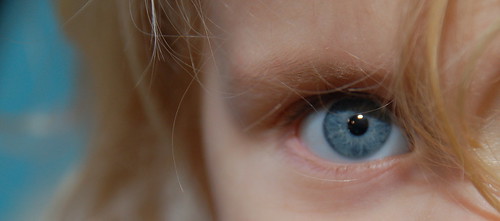
 Casi Scheidt is a recent Southern Illinois University college graduate (B.A., English, Creative Writing), and currently lives in North Carolina. While in college, three of her poems, “The Bad Year,” “To Leave Charleston,” and “For the Woman Who Has Failed to Protect Her Virtue” were included in the university’s literary magazine,
Casi Scheidt is a recent Southern Illinois University college graduate (B.A., English, Creative Writing), and currently lives in North Carolina. While in college, three of her poems, “The Bad Year,” “To Leave Charleston,” and “For the Woman Who Has Failed to Protect Her Virtue” were included in the university’s literary magazine, 
 Rita was born in Drogheda, Ireland but left the Emerald Isle to work as a nursing sister in South Africa. She’s been fortunate to live in many interesting places, including Zimbabwe, finally settling down in a small fishing village on the South Coast of Natal. Now retired, she has the time to pursue a life-long desire to write about the many characters and situations encountered along life’s journey, which lie in wait, like hidden treasure in her memory box.
Rita was born in Drogheda, Ireland but left the Emerald Isle to work as a nursing sister in South Africa. She’s been fortunate to live in many interesting places, including Zimbabwe, finally settling down in a small fishing village on the South Coast of Natal. Now retired, she has the time to pursue a life-long desire to write about the many characters and situations encountered along life’s journey, which lie in wait, like hidden treasure in her memory box.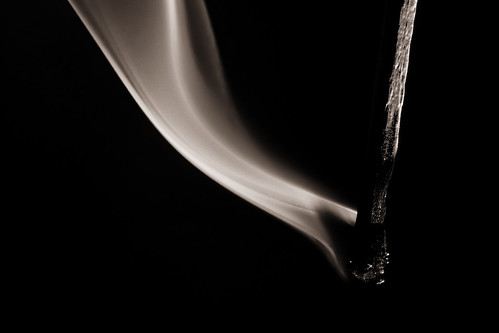
 Adiba Jaigirdar is a twenty-two year old writer and poet. She is of Bangladeshi descent but Irish by nationality. She has graduated from University College Dublin with a BA double major in English and History, along with an MA in Postcolonial Studies from the University of Kent. She has previously been published in literary magazines such as
Adiba Jaigirdar is a twenty-two year old writer and poet. She is of Bangladeshi descent but Irish by nationality. She has graduated from University College Dublin with a BA double major in English and History, along with an MA in Postcolonial Studies from the University of Kent. She has previously been published in literary magazines such as